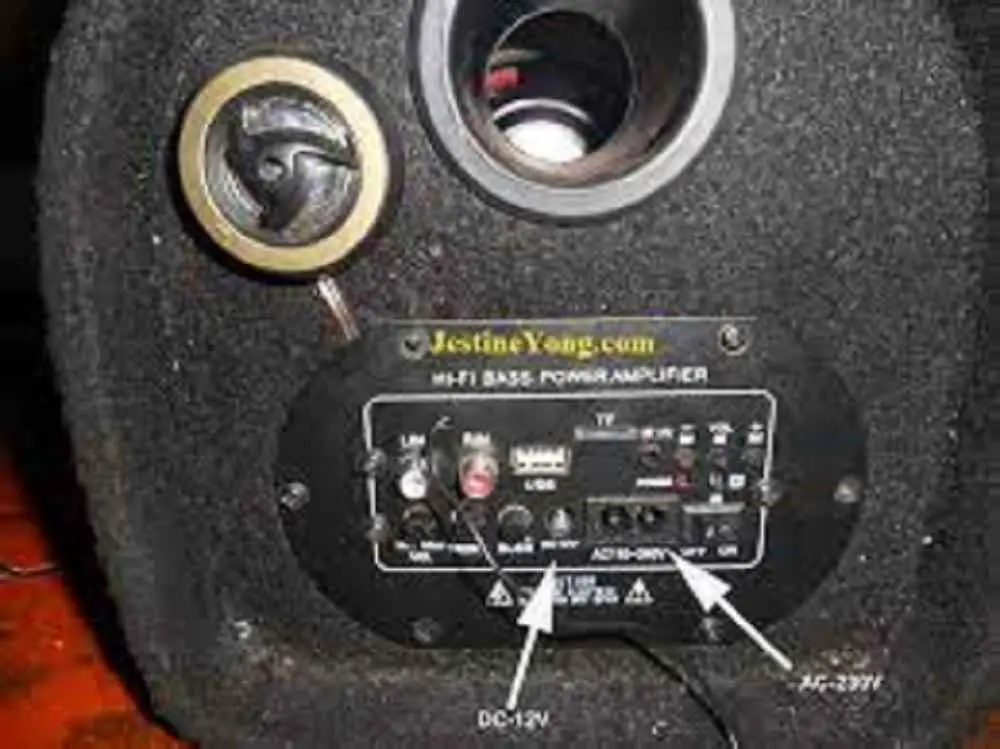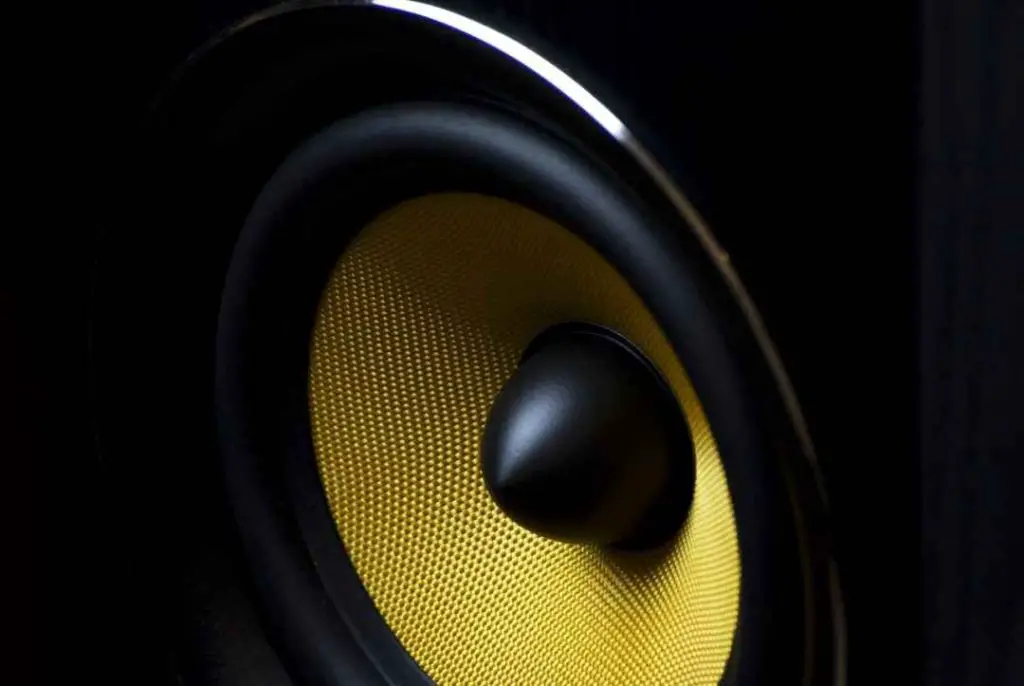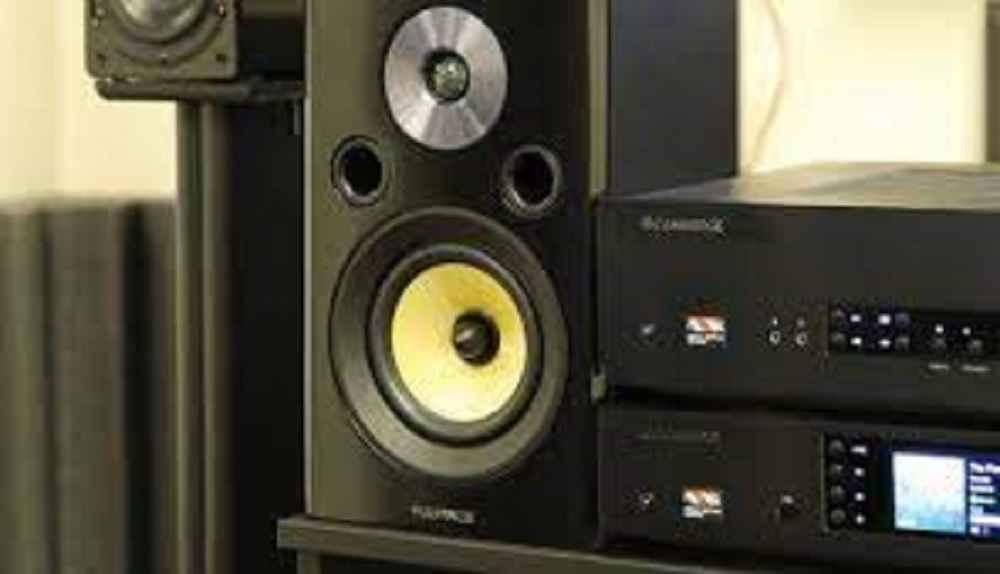Subwoofers play a critical role in a sound system by reproducing low-frequency sounds, such as bass, drums, and percussion. They enhance the overall audio experience by delivering powerful, deep bass tones that fill the room.
When subwoofers are not working properly, it can be a frustrating experience for the listener. In this article, we will explore some of the common causes of no sound from subwoofers and provide step-by-step instructions for troubleshooting the issue.

Common Causes of No Sound from Subwoofers
Loose Wiring Connections
One of the most common reasons why your subwoofers won’t produce sound is loose wiring connections. If the wires are not connected properly, the signal may not be transmitted properly, resulting in a lack of sound.
Damaged or Blown Speaker
Another reason why your subwoofers may not produce sound is damage or blown speakers. This can occur if you overuse the subwoofer or use the subwoofer at high volumes for extended periods.
If you notice any visible damage to the subwoofer or if it produces a distorted or muffled sound, it may be time to replace the subwoofer.
Incorrect Subwoofer Settings
In some cases, the subwoofer may not produce sound because of incorrect settings. If the subwoofer’s crossover setting is too high, it may filter out the lower frequencies, resulting in no sound.
Ensure that the subwoofer’s crossover frequency is set correctly, usually between 80Hz and 120Hz.
Incompatible Main Unit
In some cases, subwoofers may not produce sound because the main unit is not compatible. This can occur if the subwoofer is not designed to work with the specific amplifier or audio source.
Make sure that the subwoofer and equipment are compatible and that the wiring and connections are correct.

Audio Source Problems
In some cases, the audio source or main unit may be the cause why no sound is coming from the subwoofers.
Ensure that the audio source is working properly and that the correct audio output settings are selected. Try playing a different audio source to determine if the issue is with the original source.
Power Problems
Finally, power problems can also be a reason for subwoofers not producing sound. Ensure that the subwoofer and amplifier have a stable power source and that the wiring is correct.
If the power source is weak or unstable, it can result in the subwoofers not producing sound.
Checking and Troubleshooting the System
In order to diagnose the issue with your subwoofers, it is essential to check and troubleshoot the system. The following steps can help you determine the cause of the issue and resolve it.
Check the Connections
Check all wiring connections to ensure that they are tight and secure. Check the connections between the subwoofer, amplifier, and audio source to make sure that they are correct and that there are no loose wires.
Verify the Subwoofer Settings
Verify that the subwoofer’s crossover frequency is set correctly and that the volume level is not set too low.
Test the Subwoofer and Amplifier
Disconnect the audio source and test the subwoofer and amplifier. This can help you determine if the issue is with the subwoofer or the amplifier.
Test the Audio Source
Test the audio source to ensure that it is working properly and that the correct audio output settings are selected.
Verify Power Sources
Verify that the subwoofer and amplifier have a stable power source and that the wiring is correct.
Ensure that the power source is providing enough power to the subwoofer and amplifier and that there are no fluctuations in power.
Preventive Measures
In addition to troubleshooting the system, there are also several preventive measures that you can take to prevent future issues with your subwoofers.
Proper Installation
Proper installation is key to ensuring that your subwoofers function correctly. Make sure that the subwoofer and amplifier are installed correctly and that the wiring is secure.
Regular Maintenance
Regular maintenance, such as checking the wiring connections and ensuring that the subwoofer and amplifier are functioning properly, can help prevent future issues.
Proper Usage
Proper usage of your subwoofers is also important. Avoid playing the subwoofers at high volumes for extended periods, as this can result in damage or a blown subwoofer.
Avoid Overloading the System
Finally, it is important to avoid overloading the system. Overloading the subwoofers or amplifier can result in damage and may cause the subwoofers to stop producing sound.

Conclusion
In conclusion, there are several common causes of no sound from subwoofers, including loose wiring connections, damaged or blown subwoofers, incorrect subwoofer settings, incompatible equipment, audio source problems, and power problems.
By following the steps outlined in this article and taking preventive measures, such as proper installation and regular maintenance, you can ensure that your subwoofers are working correctly and that you can enjoy high-quality, powerful sound.
What is the difference between a blown subwoofer and a damaged subwoofer?
A blown subwoofer is one where the voice coil has burned out, which can cause the subwoofer to stop producing sound. A damaged subwoofer may have a physical issue, such as a torn cone, which can also prevent it from producing sound.
Can incorrect subwoofer settings cause no sound from the subwoofers?
Yes, incorrect subwoofer settings, such as an incorrect crossover setting, can cause the subwoofers to not produce sound.
Is it necessary to regularly maintain the subwoofers and amplifier?
Yes, regular maintenance, such as checking the wiring connections and ensuring that the subwoofer and amplifier are functioning properly, can help prevent future issues and ensure that your subwoofers are producing high-quality sound.
What is meant by overloading the system?
Overloading the system refers to putting too much stress on the subwoofers or amplifier, which can result in damage and cause the subwoofers to stop producing sound.
Can a subwoofer stop producing sound if it’s too old?
Yes, a subwoofer may stop producing sound if it is too old. Over time, the components within the subwoofer may wear out, which can cause it to stop functioning properly. It is important to replace old subwoofers with new ones to ensure that your sound system is functioning correctly.
